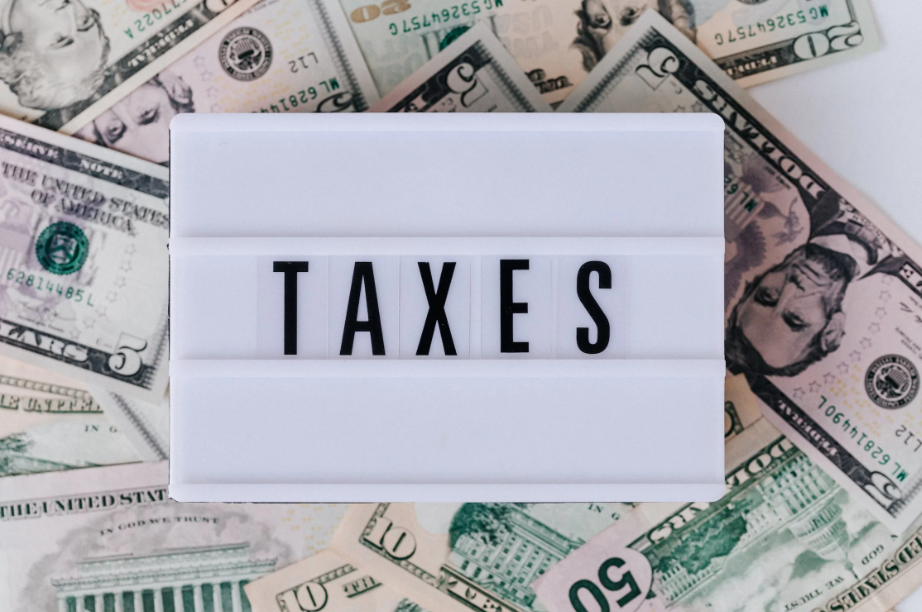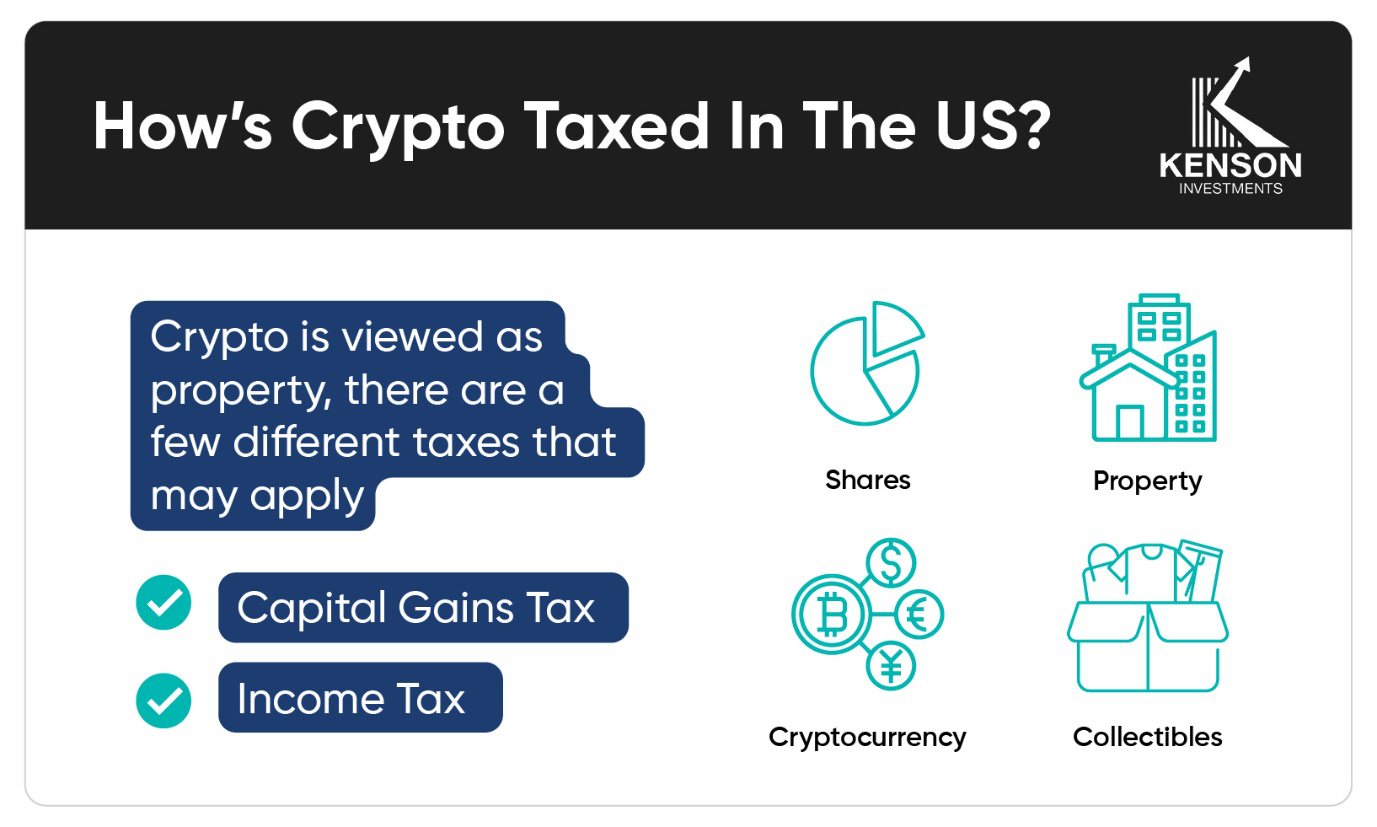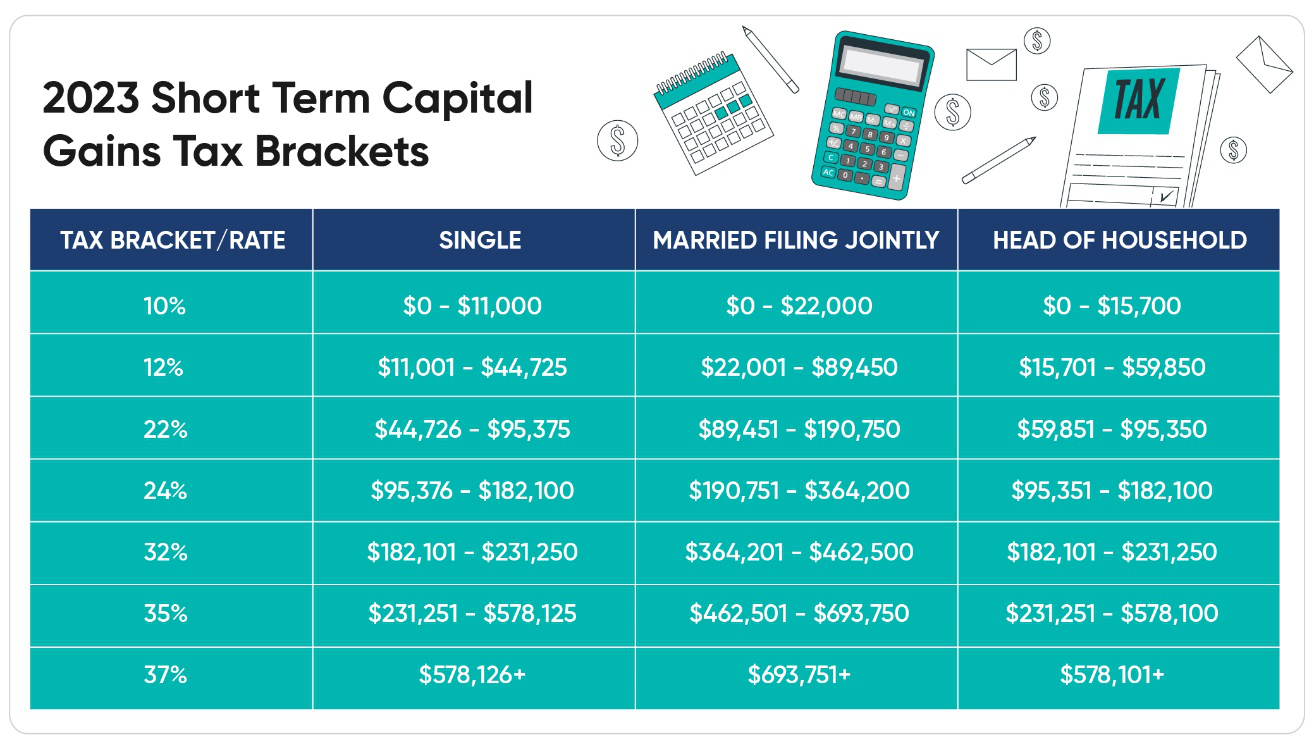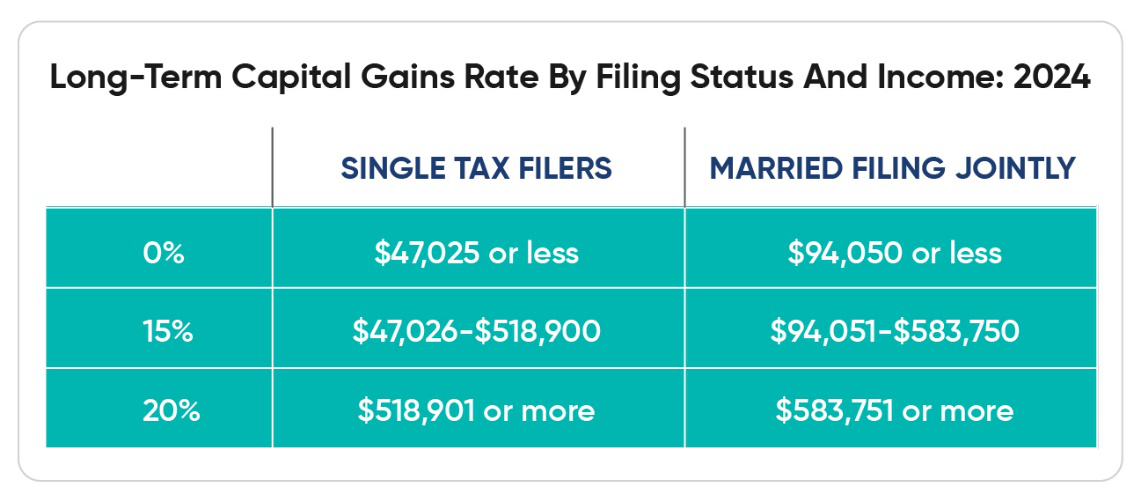
The world of cryptocurrency has exploded in popularity, attracting millions of investors eager to tap into its potential. But with this exciting new frontier comes a crucial detail often overlooked: taxes.
Uncle Sam doesn’t play favorites when it comes to digital assets. Understanding how crypto transactions are taxed can save you a significant headache (and penalty!) come tax season. This blog cuts through the confusion, explaining the tax implications of crypto investing in a clear, engaging way.
Crypto as Property: The Taxman Wants His Cut
The IRS considers cryptocurrency property similar to stocks or bonds. This means buying, selling, trading, or using crypto for goods and services has tax consequences, just like selling stock and making a profit; selling your crypto for more than you bought it for triggers a capital gain. Conversely, selling at a loss results in a capital loss, potentially offsetting other taxable income.
When Crypto Transactions Trigger Taxes

Here’s a breakdown of the main events that generate a tax obligation:
- Selling Crypto: This is the most common scenario. Selling your crypto for cash or another cryptocurrency (like Bitcoin for Ethereum) creates a capital gain or loss depending on the sale price compared to your purchase price (cost basis).
- Buying Goods and Services with Crypto: Think of it as “selling”your crypto to pay for that new phone. The IRS sees this as a taxable event.
- Getting Paid in Crypto:Freelanced a project and received Bitcoin as payment? Congratulations, you’ve earned business income, which is taxed at your ordinary income tax rate (which can be as high as 37% in 2024!).
- Mining Crypto or Earning Rewards:Mined some new coins or received staking rewards? The IRS considers this ordinary income taxable at the same rate as your paycheck.

Capital Gains and Losses: Making Sense of Profits and Losses
Capital gains and losses are like scorekeeping for your investments. They tell you how much money you’ve made (or lost) when you sell an asset, like stocks or, in this case, cryptocurrency.
Think of it like buying a baseball card at a garage sale for $10. Years later, a collector offers you $20,000 for it! That $20,000 is the sale price. You subtract the original $10 you paid (your cost basis) to get your capital gain: $20,000 (sale price) – $10 (cost basis) = $19,990 capital gain.
But what if the baseball card market crashes? That same $10 card might only sell for $5 now. In this case, you have a capital loss: $10 (cost basis) – $5 (sale price) = $5 capital loss.
The same applies to crypto. When you sell your Bitcoin for more than you bought it, it’s a capital gain. Sell it for less, and it’s a capital loss. The IRS requires you to track your cost basis (what you paid) to figure out your capital gains or losses.

Time is Money: How Long You Hold Matters
The length of time you hold your crypto before selling significantly impacts the tax rate. Here’s the breakdown:
- Short-Term Capital Gains:Held less than a year. Taxed as ordinary income, potentially reaching 37% in between year 2023-2024.

- Long-Term Capital Gains:Held for more than a year. Benefit from lower tax rates, ranging from 0% to 20% depending on your taxable income. There’s also a 3.8% Net Investment Income Tax that may apply to certain higher-income earners with long-term capital gains.

Keeping Records: The Key to Tax Time Tranquility
Accurate record-keeping is your best friend when it comes to crypto taxes. Don’t let a misplaced receipt turn into a tax headache! Track your crypto transactions meticulously. This includes:
- Purchase Date:When you bought the crypto (month, day, and year).
- Cost Basis:The exact price you paid for the crypto, including any fees.
- Sale Date (if applicable): When you sold the crypto (month, day, year).
- Sale Price (if applicable):The exact price you sold the crypto for.
There are several crypto tax software options available to streamline this process. Alternatively, a well-organized spreadsheet can do the trick. The key is to have a system that captures all the necessary details for accurate tax reporting.
Example Time! Putting Theory into Practice
Let’s revisit our Bitcoin example. You bought 1 Bitcoin for $10,000 in 2022 and held it for two years (making it a long-term capital gain). You sell it in 2024 for $20,000. Your capital gain is $10,000 ($20,000 sale price – $10,000 cost basis). Depending on your taxable income in 2024, you might qualify for a 0% tax rate on your capital gains, a significant tax benefit!
Beyond the Basics: Advanced Tax Topics
For the seasoned crypto investor, here are some additional tax considerations:
- Staking Rewards:Earning rewards for staking your crypto can be taxed as ordinary income.
- Hard Forks and Airdrops:The tax implications of these events depend on the specifics.
- Gifting and Donating Crypto:These are taxable events with specific rules.
Pro Tip: State and Local Taxes
Remember, some states might have additional crypto tax regulations. Research your state’s specific tax laws to ensure full compliance. Stay informed by following IRS updates and consulting with a tax professional well-versed in crypto taxation.
Security and Record-Keeping: A Winning Combination
With great crypto gains comes great responsibility…to secure your holdings and meticulously track your transactions. Here are some best practices:
- Fortress of Solitude:Store your crypto in a secure wallet. Reputable crypto exchanges and wallets offer robust security measures to keep your digital assets safe.
- Password Power:Use strong, unique passwords for all your crypto accounts and enable two-factor authentication for an extra layer of protection.
Common Crypto Tax Pitfalls to Avoid
Even seasoned investors can fall prey to tax mistakes. Here are some common ones to steer clear of:
- Transaction Neglect:Don’t neglect to track your crypto transactions. Every buy, sell, and trade counts!
- Holding Period Perplexity:Understanding the short-term vs. long-term capital gains holding period can significantly impact your tax bill.
- Rewarding Omission:Don’t forget to account for staking rewards and airdrops, as these are taxable events.
Want to Learn More?
Keep track of the latest developments in digital assets and cryptocurrencies with the help of our bitcoin investment consultants. Our specialists offer valuable insights into altcoin investment options and digital assets consulting to help you navigate this dynamic market. Additionally, our real world asset consultants provide practical advice to stay ahead. Join our community and stay knowledgeable!
Bonus! Read our detailed guide Building a Crypto Legacy: Sustainable Strategies for Generational Wealth to ensure you have all the information needed for smooth tax filing.
Disclaimer: The information provided on this page is for educational and informational purposes only and should not be construed as financial advice. Crypto currency assets involve inherent risks, and past performance is not indicative of future results. Always conduct thorough research and consult with a qualified financial advisor before making investment decisions.
“The crypto currency and digital asset space is an emerging asset class that has not yet been regulated by the SEC and US Federal Government. None of the information provided by Kenson LLC should be considered as financial investment advice. Please consult your Registered Financial Advisor for guidance. Kenson LLC does not offer any products regulated by the SEC including, equities, registered securities, ETFs, stocks, bonds, or equivalents”














